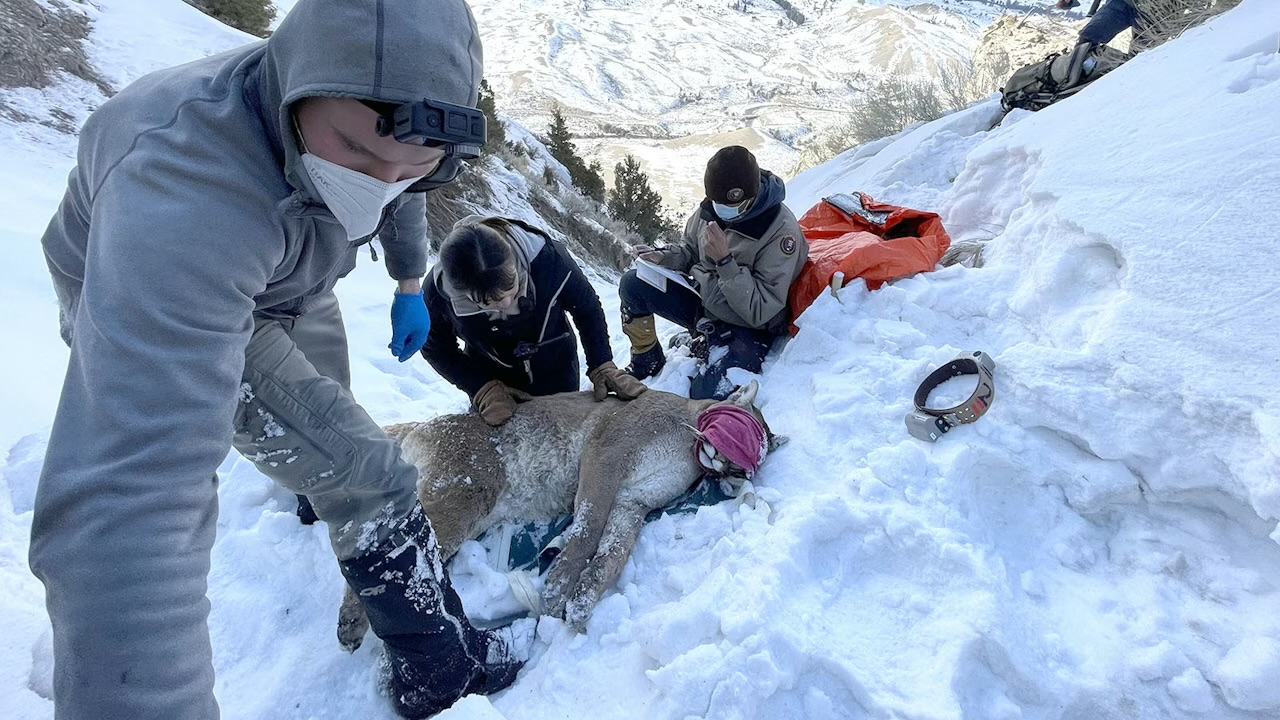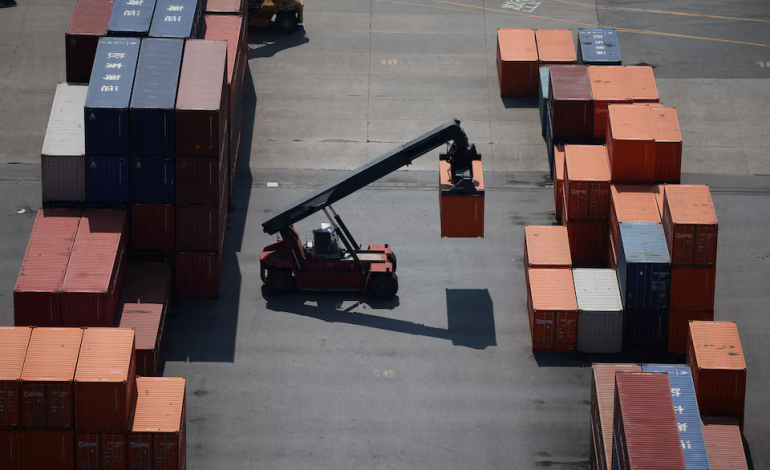A majority of economists now predict that the global economy faces a heightened risk of slipping into recession in 2025, according to a recent Reuters poll, Reuters reports.
The survey, conducted from April 1 to 28, reflects growing concerns that US President Donald Trump’s tariffs have severely impacted business sentiment across the globe.
In January, economists had forecast a robust global growth rate of 3.0%. However, recent developments have forced a significant downgrade, with the 2025 global growth forecast now revised to 2.7%. The shift comes amid heightened uncertainty surrounding US trade policy, particularly after President Trump’s decision to impose tariffs on all US imports, including a 10% blanket duty and a 145% tariff on China, the United States’ largest trading partner.
Despite a temporary suspension of the heaviest tariffs, the financial repercussions have already been felt worldwide. The stock market has seen trillions of dollars in losses, and investor confidence in US assets — including the dollar, traditionally seen as a safe haven — has been shaken.
James Rossiter, Head of Global Macro Strategy at TD Securities, noted the difficulty businesses face when attempting to make long-term plans under the current conditions.
“It’s hard enough for firms to think about July right now where they don’t know what the reciprocal tariffs are,” Rossiter said. “Try and plan another year down the road. I mean, who knows what it looks like, let alone five years down the road.”
As businesses confront soaring duties and uncertainties, many have revised or withdrawn their revenue forecasts. According to the poll, no economist viewed tariffs as having a positive impact on business sentiment, with 92% of respondents indicating a negative effect. Only 8% described the impact as neutral, with a small proportion of these responses coming from emerging economies such as India.
The global economic outlook has worsened, with three-quarters of economists downgrading their growth forecasts for 2025. While the International Monetary Fund projects global growth at 2.8% for the year, the Reuters poll found a median forecast of just 2.7%. Forecasts for 28 of the 48 economies surveyed were revised downward, reflecting broader global challenges.
Notably, some countries have seen their growth outlooks upgraded, particularly based on domestic developments. Among them are Argentina and Spain, which saw slight improvements. Conversely, economic projections for Mexico and Canada were downgraded by some of the largest margins, with growth estimates falling to just 0.2% and 1.2%, respectively.
The likelihood of a global recession remains a significant concern. When asked about the risk of recession in 2025, 60% of economists — 101 out of 167 surveyed — indicated a high or very high risk. Only 66 economists saw the risk as low, and just four considered it very low.
Timothy Graf, Head of Macro Strategy for Europe, the Middle East, and Africa at State Street, explained that it is increasingly difficult to remain optimistic about global growth in the current environment.
“We could get rid of tariffs today and it will still have done quite a lot of damage,” he said. “Just strictly from the view of the US as a reliable actor in bilateral and multilateral agreements, ranging from trade to common defense.”
Economists also agree that the tariffs have complicated central banks’ efforts to manage inflation. After years of raising interest rates to combat inflation, many economists worry that tariffs, which are inflationary by nature, will stall progress.
“Cutting off your largest trading partner… is going to do all sorts of wild and not-so-wonderful things to prices,” Graf added.
He noted that such impacts are likely to undermine real incomes and demand.
Some analysts even suggest that the risk of stagflation — a combination of low growth, high inflation, and rising unemployment — has become more probable. More than 65% of the major central banks surveyed in the Reuters poll are not expected to meet their inflation targets this year, a trend that is expected to persist into 2026.










The latest news in your social feeds
Subscribe to our social media platforms to stay tuned